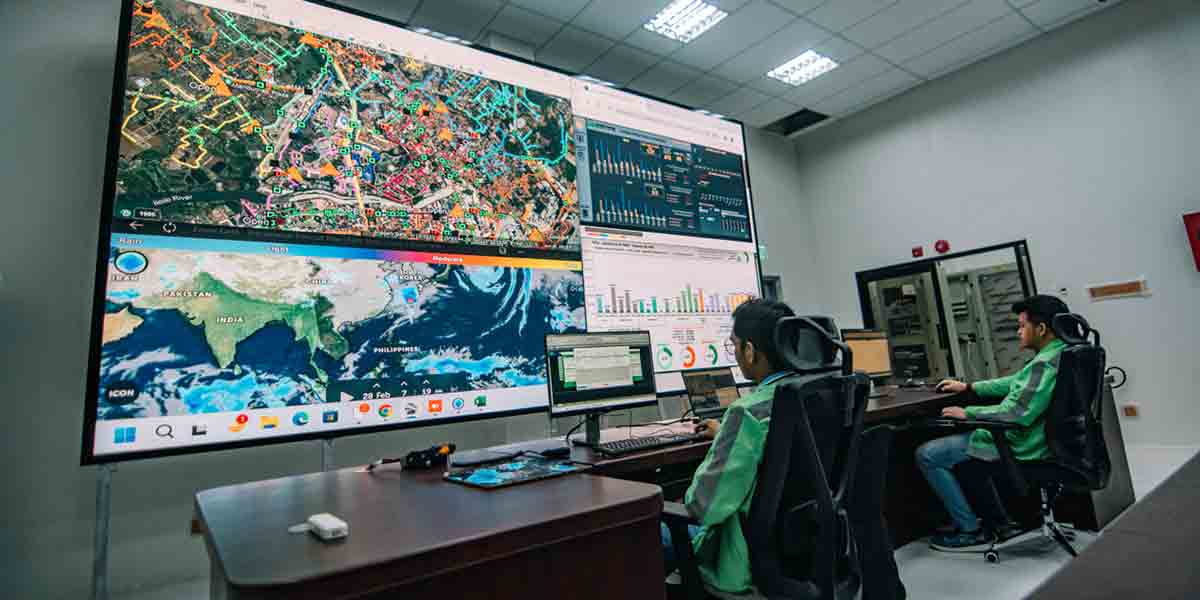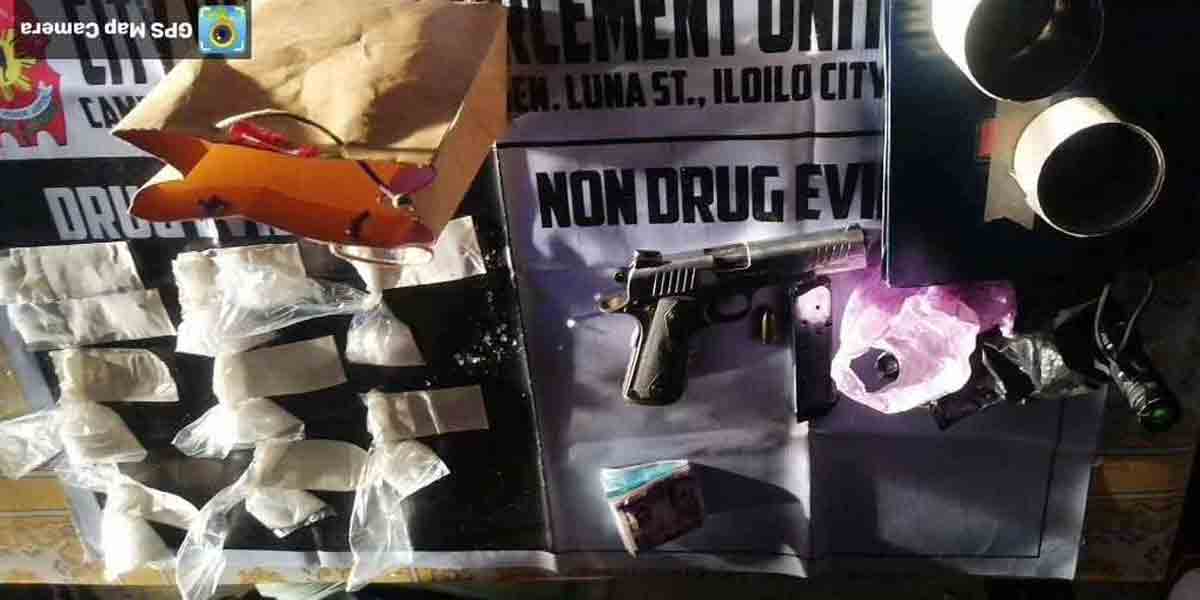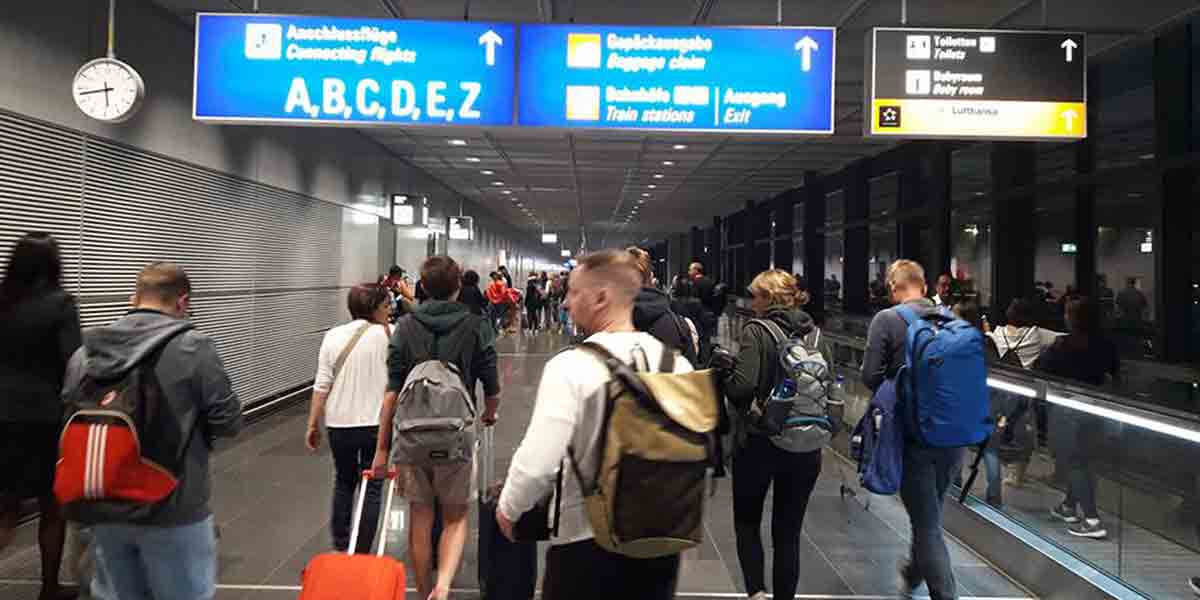By Jennifer P. Rendon
After seven years of self-imposed exile, former Iloilo City Mayor Jed Patrick Mabilog remains firm in his stance that Iloilo City has no basis to be labeled the most “shabu-lized” city in the country.
In an interview on ANC’s Headstart, Mabilog said there was no record to back former President Rodrigo Duterte’s claim that Iloilo City was riddled with illegal drugs.
“When you check the list he mentioned when he called Iloilo City the most shabu-lized, Iloilo province ranked 79th of 81, and Iloilo City was 51st among 27 cities listed by the Philippine Drug Enforcement Agency (PDEA). In fact, Iloilo City was nowhere near the top 10, not even the top 50,” Mabilog said.
At the time, Mabilog said he made several attempts to meet Duterte to personally explain that the accusations were politically motivated and baseless.
However, he was never given the chance, despite even traveling to Davao City to seek an audience.
“I wanted to ask him his basis and show him our anti-illegal drug programs, which received national recognition from PDEA and the Philippine National Police. Again, there’s no basis to accuse me of being a drug protector or to label Iloilo as the most shabu-lized city,” he said.
PERSONAL VENDETTA?
When asked why he thought Duterte singled him out, Mabilog speculated it might have been due to a personal vendetta.
“I really wanted to meet him and understand his reasons, but personally, I think it was because of a personal vendetta over incidents before the 2016 elections,” Mabilog said.
He recounted one incident where Duterte, then Davao City mayor, allegedly wanted to meet him, but Mabilog was in Manila at the time for a project.
“I had to be in Manila for a project to bury the spaghetti lines along the national highway. So, I couldn’t meet him.”
Another instance was when a power interruption occurred during one of Duterte’s rallies in Iloilo City.
“These are just personal speculations,” he said, adding that nothing has ever been proven as to why Duterte became angry with him.
Mabilog also noted that Davao City was often compared to Iloilo City, with the latter sometimes receiving higher ratings, which might have caused tension. Supporting a different presidential candidate could have been another factor.
“But even those in the media, legislation, judiciary, and other mayors who weren’t aligned with him were also persecuted in one way or another,” Mabilog said.
THREATS PROMPT EXILE
Mabilog left the country in September 2017, citing threats against his life and safety.
“When I went to Japan for an international conference, there were already complaints against me. Sadly, the cases were heard without my defense,” he said.
He also pointed to the frequent reports of extrajudicial killings at the time as a factor in his decision.
“Many people were being killed during that time. I feared for my life and especially for my family,” Mabilog said.
He stressed that he was willing to face the allegations, but only in the proper forum. To date, no illegal drug-related case has been filed against him.
A lifestyle check was also conducted after Duterte’s accusations that Mabilog lived in a mansion.
Mabilog clarified that his house is on a 200-square-meter lot and that both the National Bureau of Investigation and other agencies, including PDEA, had visited his home and found no evidence linking him to illegal drugs.
For now, Mabilog has no plans to return to politics after years of seeking asylum in the United States. He expressed a desire to come home and serve his people, leaving matters of politics to God.
In 2017, the Office of the Ombudsman found Mabilog guilty of serious dishonesty related to unlawful wealth acquisition.
However, in 2021, the Court of Appeals dismissed the 2013 administrative case and reversed the Ombudsman’s ruling for lack of merit.





















